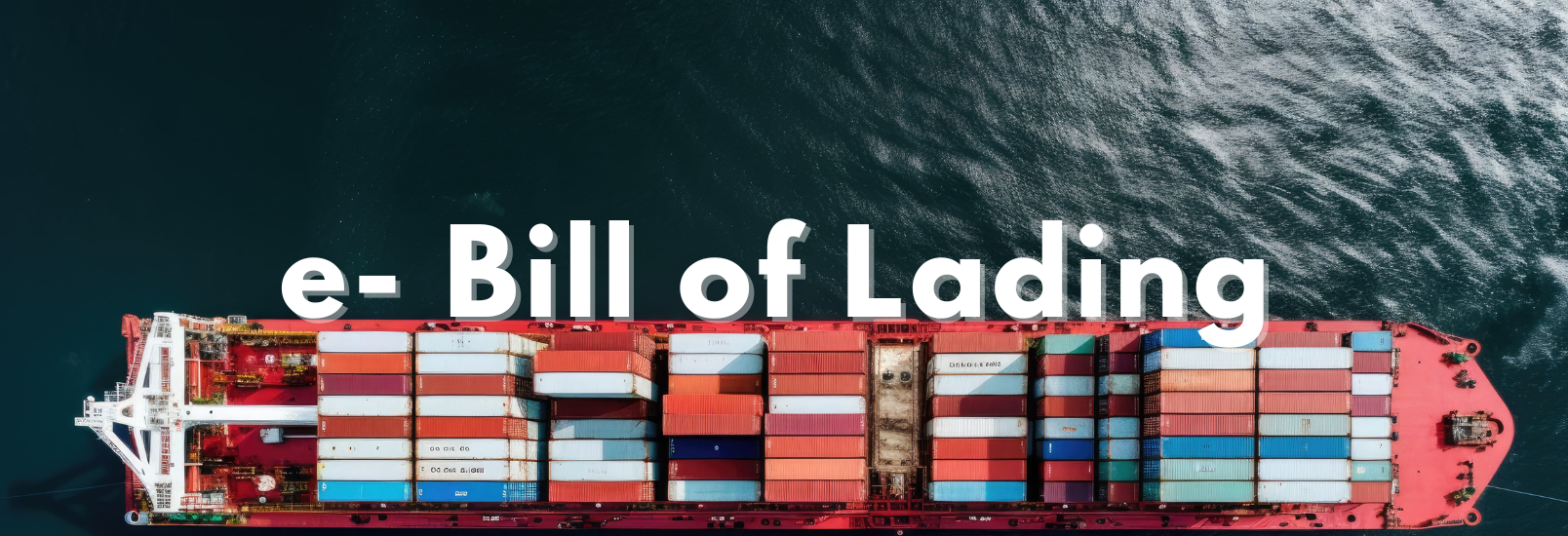Words like delicate, sensitive, touch-and-go, knotty….so far, and so on relates to Debt Collection which actually steals away the peace of mind for the one who is affected!!
With trends and technology changing rapidly, the collections industry is facing a wide range of challenges. In the current scenario of a highly-spry society, it is difficult to locate debtors than ever before. During the debt collection process, both debtor and creditor have some expressly defined rights. Now the question arises, do they really know how and where to use them aptly.
Many creditors work hard to amplify debt collection practice by carefully managing their collection teams and Debt Collection Agencies. A common complaint of many recovery bodies is just how difficult it is to take on and combine with a new DCA.
The addition of a new DCA usually requires changes to internal information and approach to the resource of IT development. This is actually easier said than done – precisely when development resources are shared and the recoveries system is not considered an internal development priority.
Our research spotted this is the top reason why creditors avoided engaging new agencies. Some creditors even accept to having no choice but to tolerate a low success graph, rather than go through the tedious task of switching.
Even if a collection agency is already on the creditor’s system, it can be a challenge to change the rules which define the amount or type of debt the DCA receives. This removes an important performance management tool for creditors.
In the information age, there is hardly any shortage of any update available about an individual, but finding the most up-to-date, accurate contact information of a debtor can often be a primary issue. Because the success of any recovery is achieved only on the availability to contact the debtor. Lacking in the accuracy of current information for the debtor, it is next to impossible to contact him or her – and thus a challenge to recover the debt whether it is International or Domestic recovery.
There could be various reasons for the lack of current information on a debtor: relocation of debtor frequently; perhaps the contact details used for the original credit is out of date, or maybe an incorrect entry of the debtor in one or more of the available databases.
The list can go on and get even longer when taking into account the newest generation of debtors. However, technology will only be making more individual information available in the future, rather than restricting it. So, even if excess information is a problem, it’s not one that is going to be solved by reducing the amount of available records of a debtor.
Instead, a lack of authentication and verification is truly at the root of this problem – and therefore, the solution lies in establishing one or more methods of such authentication, such as ensuring data is updated in real-time and has crystal clear information sources.
The challenges in debt recovery further become difficult when a massive uncertainty is a lead by contract enforcement which is actually a big price for the business in India. Tougher, when same is an overseas/international default and the client is using distance to completely avoid his dues. Unpredictable cash flow is one of the factors for shutting down businesses in India. This leads to complete business circumstances incompetent and drags down a particular country’s score. How do we get assured that the receivable will not turn up into bad debt?
Many times a traditional methodology is still followed when we talk about different sectors or trade. The terms are defined and agreed upon certain fake woes and problems that lead to the very beginning of the entire process.
Then we move ahead and trust the written agreements more, which are even riskier. As many parties do not bat an eyelid on on “T & C’s applied” neither counter question on them which actually invites the dig for most of the challenges. Or it is at times wrongly drafted. Sometimes, parties enter into agreements that turn out to be null and void at the initial stage and lead to cancellation of the whole thing and the person who lent the money is left with no recourse.
This terminology is critical as it tells where we can or have to enforce a certain contract. If an agreement is executed in Mumbai and that mentions the governing jurisdiction as the state of any overseas country. In the occurrence of any violation, never would be any affronted be willing to go abroad to enforce it.
Customer Bankruptcy Is The In-Challenge In The Present Economics At The Macro Level.
This is a lose-lose scenario for the Creditor / Seller and the most dreaded moment were in every debt collection practice is put to test. When your client owes you money, there may arise a new situation. Perhaps you have a number of clients who are delinquent in payment or maybe some of them have gone out of business. How do you collect? Will you be interested to continue working with them if they do pay? If so, it’s important to maintain healthy customer relations with them, what will be the best way out to make this part of running a business easier?
International laws or broadly saying rules followed globally with regulations regarding the recovering credit prevail, but the creditors might experience badly the failure to implement stated laws. Again same is certain to recover credit without taking legal action.
The repercussion of a high number of international transactions is that serious problems can be encountered during the process of recovering money that is owed to you, above all the challenge of finding information regarding the creditworthiness of the debtor who lives abroad.
These challenges can come to your encouragement at every stage of your debt collection process while ensuring financial stability for your organization for the longest time feasible.









